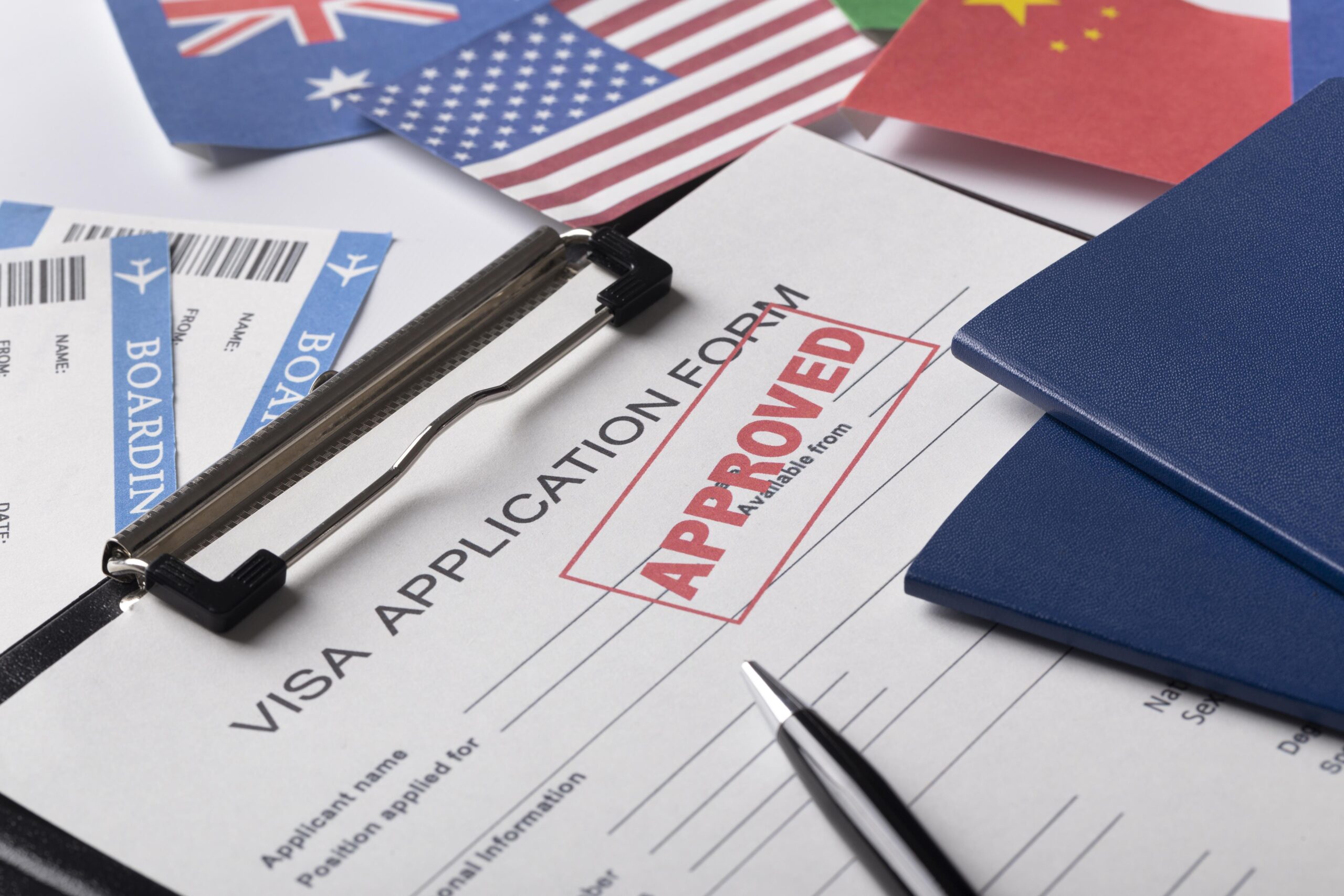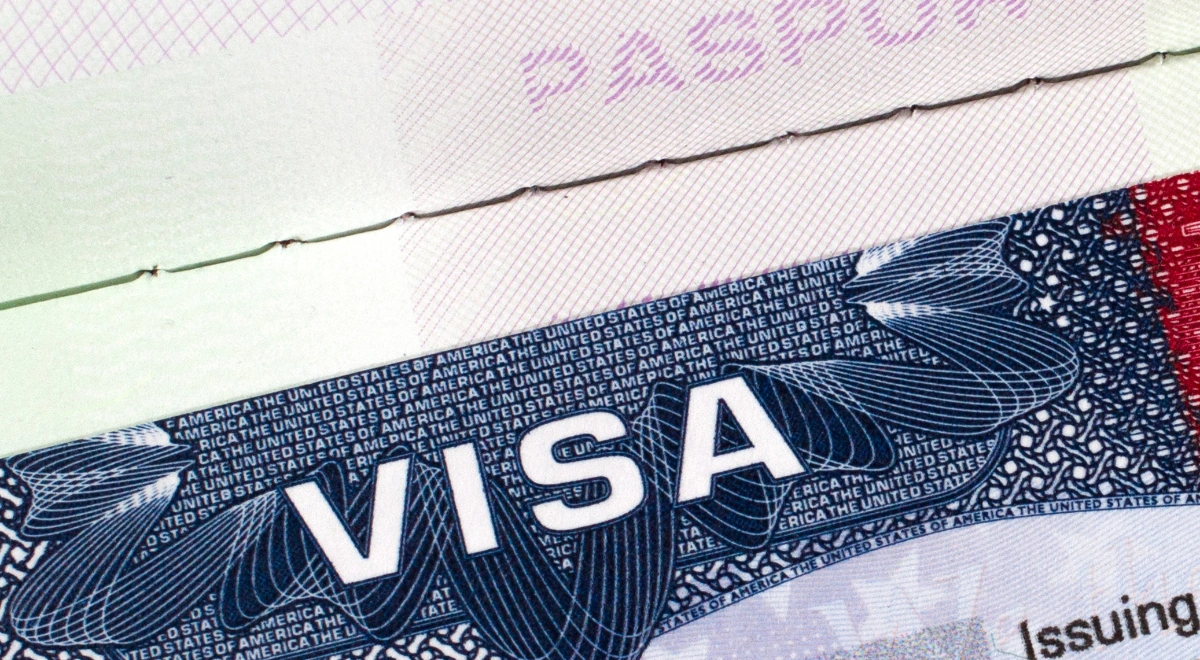Table of Contents
Green card for entrepreneurs is not just a document—it’s the legal foundation of long-term business success in the United States.
For many foreign investors and entrepreneurs, entering the U.S. market is a dream. Some believe that holding a valid B1/B2 visitor visa is enough to set up shop, start operations, and manage their business in the United States.
This is a costly misunderstanding.
Let’s clear the air: A B1/B2 visa is NOT a green card. If your goal is to establish and run a business in the U.S., you need to understand the difference between these two very distinct immigration statuses.
What is a B1/B2 Visa?
B1: Business Visitor (for meetings, conferences, exploratory visits)
B2: Tourist Visitor (for leisure, medical treatment, short visits)
Important:
A B1/B2 visa is a temporary non-immigrant visa. It allows you to enter the U.S. for a short stay—typically up to 6 months—but it does not allow you to work, earn income, or operate a business.
You can:
- Attend business meetings
- Explore partnerships
- Visit potential clients
- Attend trade shows or conferences
But you cannot:
- Actively manage a business
- Hire employees or oversee operations
- Open a shop, restaurant, or office for revenue generation
Trying to do so violates U.S. immigration laws and can lead to visa cancellation, deportation, and bans on future entry.
Can You Open a U.S. Bank Account on a B1/B2 Visa?
Many believe a B1/B2 visa is enough to open a U.S. bank account. The reality is more nuanced.
- Personal Bank Accounts: Possible, but challenging. Most banks require a U.S. address, an ITIN (Individual Taxpayer Identification Number), and proof of financial ties to your home country.
- Business Bank Accounts: Much stricter. You’ll need a legal U.S. business entity, an EIN (Employer Identification Number), and immigration status that permits business activity—such as a green card for entrepreneurs.
Without the right visa, your account may be rejected or come with limited access.
Why a Green Card for Entrepreneurs Is the Right Legal Route
Unlike temporary solutions like the B1/B2 visa, a green card for entrepreneurs offers the legal freedom to operate, scale, and build a business without immigration restrictions.
Why a Green Card is a Game Changer for Entrepreneurs

A green card for entrepreneurs—also known as permanent residency—empowers you to:
✅ Start and manage businesses
✅ Hire U.S. employees
✅ Open business bank accounts
✅ Live, work, and invest without restrictions
✅ Build credit and access financing
✅ Pursue U.S. citizenship after 5 years
In short, a green card removes the limitations of temporary visitor status and gives you the tools you need to create a real future in the U.S.
The Risks of Misusing a B1/B2 Visa
Attempting to stretch the privileges of a B1/B2 visa to run a business is dangerous. It can result in:
- Overstaying your permitted time
- Engaging in unauthorized work
- Denial of future visas or green cards
- Detention, deportation, and permanent bans
The U.S. takes visa fraud seriously. Intent matters. Using a tourist visa to do business is not only risky—it’s illegal.
Instead of risking everything, choose the green card for entrepreneurs and operate with full legal protection.
Your Legal Pathway: The EB-5 Investor Program
For serious entrepreneurs, the EB-5 Immigrant Investor Program is the most powerful route to a green card.
Key Benefits:
- Green cards for you and your immediate family
- Full rights to live, work, and run businesses anywhere in the U.S.
- No employer or family sponsorship needed
- Eligibility for U.S. citizenship after 5 years
The EB-5 program is the fastest and most secure way to obtain a green card for entrepreneurs committed to long-term success in America.
Conclusion: B1/B2 Visas Are Temporary Passes, Not Business Licenses
If you’re serious about launching or managing a business in the U.S., relying on a B1/B2 visa is not only a poor decision—it’s simply not allowed.
A green card for entrepreneurs is your legitimate key to entrepreneurial freedom in America.
How Sternon Group Can Help You
At Sternon Group, we specialize in helping global investors and entrepreneurs secure their U.S. green card through the EB-5 Investor Program.
With over 30 years of experience and a 100% USCIS approval rate, we guide you through every step—legally, strategically, and confidently.
👉 Book a free consultation today
📞 +971 43519070
📧 info@sternon.com
Frequently Asked Questions (FAQs)
Can I run a business in the U.S. on a B1/B2 visa?
No, a B1/B2 visa only permits temporary visits. You cannot manage a business, hire staff, or earn income. Doing so violates U.S. immigration laws.
Why green card for entrepreneurs essential?
A green card gives you permanent residency and full legal rights to run a business, open bank accounts, hire employees, and apply for funding in the U.S.
Is it legal to open a U.S. company on a tourist visa?
Technically, you can register a company, but you cannot operate or manage it while on a B1/B2 visa. Only a business/investor visa or green card allows full operation.
What are the benefits of the EB-5 investor program?
The EB-5 program lets investors and their families get green cards by investing in a U.S. business that creates jobs. It offers a path to citizenship in 5 years.
What happens if I misuse my B1/B2 visa for business?
Using a visitor visa for business operations can lead to visa cancellation, deportation, and even permanent bans from entering the U.S.
How does a green card for entrepreneurs for help in opening a business bank account?
Banks require proof of legal status. A green card makes it easier to open personal and business bank accounts, build credit, and access financing.
Can my family also get green cards under the EB-5 program?
Yes. The EB-5 program provides green cards for your spouse and children under 21 as part of your application, giving your entire family permanent residency in the U.S.
What’s the best visa option for entrepreneurs planning to move to the U.S.?
For long-term business plans, the EB-5 green card is ideal. Other options include E-2 and L-1 visas, depending on your business model and investment.




